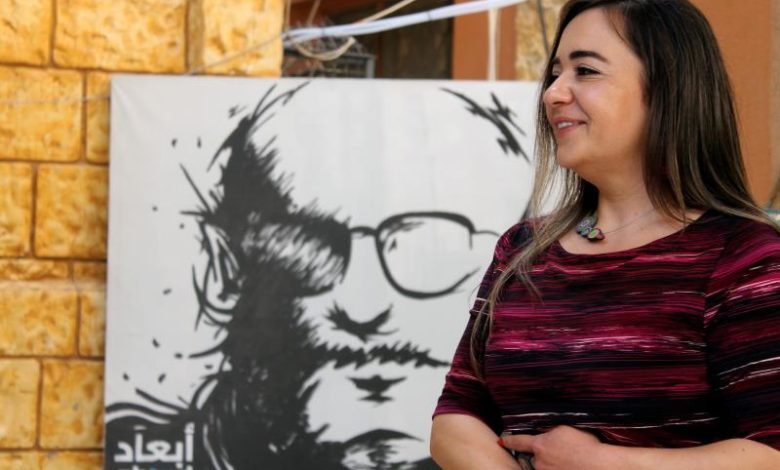Arab women seek help as lockdown prompts rise in gender violence
Date:

Cairo/Beirut, May 18 - The phone lines at the Abaad organization for victims of gender violence have not stopped ringing since the coronavirus lockdown was imposed in Lebanon.
The organization’s director, Ghida Anani, tells Efe that Abaad received 155 calls in March, when the restrictive measures were first put in place and then 532 in April.
In Arab countries, as in other parts of the world, women have became more exposed to gender-violence as confinement measures have removed their access to support networks.
However, the silence silence around the topic, which is still considered taboo in these conservative societies, has also started to break.
Representatives for United Nations Women in Arab States confirmed a spike in domestic violence against women across the region, mirrored by a greater demand for help and assistance.
This increase is being fuelled by restrictive measures, the economic impact of the coronavirus on the people and the uncertainty the health crisis involves, Regional Director of UN Women Arab States Moez Doraid tells Efe.
Late last month, the severity of some of these cases came to light when a video circulated on social media showing Iraqi woman Malak Haider Al Zubaidi screaming in pain on a hospital bed after her husband allegedly set her on fire. She died from her injuries.
Before the pandemic, 37 percent of women in Arab countries said they were victim of some type of violence, according to the UN Women figures.
The confinement measures, however, have trapped women with abusive partners, Doraid adds.
In Jordan, 62 percent of women asked by UN Women said they felt a bigger risk of being a victim of physical or psychological violence due to the lockdown or the increase of tensions at home.
A survey conducted by Egypt’s National Council for Women, UN Women and the Baseera private center revealed that 11 percent of participants suffered violence carried out by their husbands during the first half of April, shortly after a nighttime curfew was imposed.
Some 7 percent of respondents said they were beaten or insulted for the first time in their lives.
While the distress calls have increased, the direct assistance services to the victims have declined due to the social distancing rules.
Some organizations were forced to reduce public services such as in-person psychological support, while some shelters impose two-week quarantine on the newcomers to prevent the spread of the virus.
These measures could discourage women seeking help, Doraid says.
The restrictions on movement complicate the process of seeking support. It is now difficult to head to a police station to file a complaint, Doraid adds.
Some women are afraid to ask for help or they do not how to do so as they are confined with their partners.
Although the increase in the violence helped put the issue under the spotlight, it poses a challenge for people and the authorities to pay attention to violence against women, amid the coronavirus, Doraid says.
In Iraq, the Malak case prompted several UN agencies to urge lawmakers to approve a law countering the gender-based violence as soon as possible.